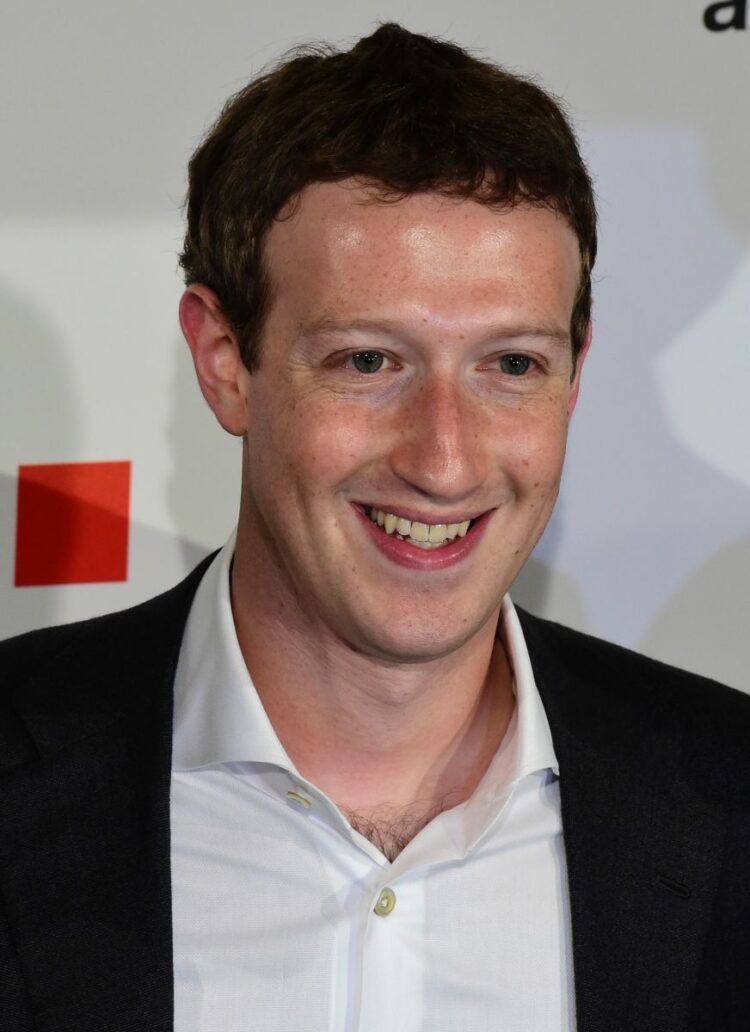By James Simons-
Facebook has announced it will shut down its face-recognition system and delete faceprints of more than one billion people.
Facebook will cease to automatically recognize people’s faces in photos or videos, the post said.
The marked transition will also impact the automatic alt text technology the company uses to describe images for people who are blind or visually impaired.
The drammatic news was announced on Tuesday in blog post from Jerome Pesenti, vice president of artificial intelligence for Facebook’s new parent company, Meta, marks a radical change in the social media giant’s reshaping of its platform.
“This change will represent one of the largest shifts in facial recognition usage in the technology’s history,” he said.
“More than a third of Facebook’s daily active users have opted in to our Face Recognition setting and are able to be recognized, and its removal will result in the deletion of more than a billion people’s individual facial recognition templates.”
Only last week, facebook announced it was changing its name to meta.
Speaking about the change to Meta, Mark Zuckerberg said: “Today we are seen as a social media company”.
Facebook had already been gradually reducing its use of facial recognition, after introducing it more than a decade ago.
The company in 2019 ended its practice of using face recognition software to identify users’ friends in uploaded photos and automatically suggesting they “tag” them.
Mr Pesenti said the company was trying to weigh the positive use cases for the technology “against growing societal concerns, especially as regulators have yet to provide clear rules”.
Facebook said: ”the many specific instances where facial recognition can be helpful need to be weighed against growing concerns about the use of this technology as a whole.
‘There are many concerns about the place of facial recognition technology in society, and regulators are still in the process of providing a clear set of rules governing its use. Amid this ongoing uncertainty, we believe that limiting the use of facial recognition to a narrow set of use cases is appropriate’.
The company which is facing its biggest PR crisis to date, following leaked documents from whistleblower Frances Haugen, which showed that it has known about the harms its products cause and often did little or nothing to mitigate them.
Meta’s sudden approach to facial recognition follows decisions by other tech giants such as Amazon, Microsoft and IBM last year to end or pause their sales of facial recognition software to police, citing concerns about false identifications and amid a broader reckoning in America over policing and racial injustice.
Frances Haugen, a former data scientist at Facebook, left the organisation earlier in 2021 when she released thousands of sensitive documents about its practices.
She called for regulation and told a Commons committee that the social media service’s problems were like an “oil spill” and said she believed it “unquestionably” makes hate in society worse.
“Facebook’s own reports say that it is not just that Instagram is dangerous for teenagers, it is actually more dangerous than other forms of social media,” she said.
“Instagram is about social comparison and about bodies. It is about people’s lifestyles and that is what ends up being worse for kids.”
Other social media platforms like twitter are yet to announce major changes to effectively address abuse and bullying on it platform.




